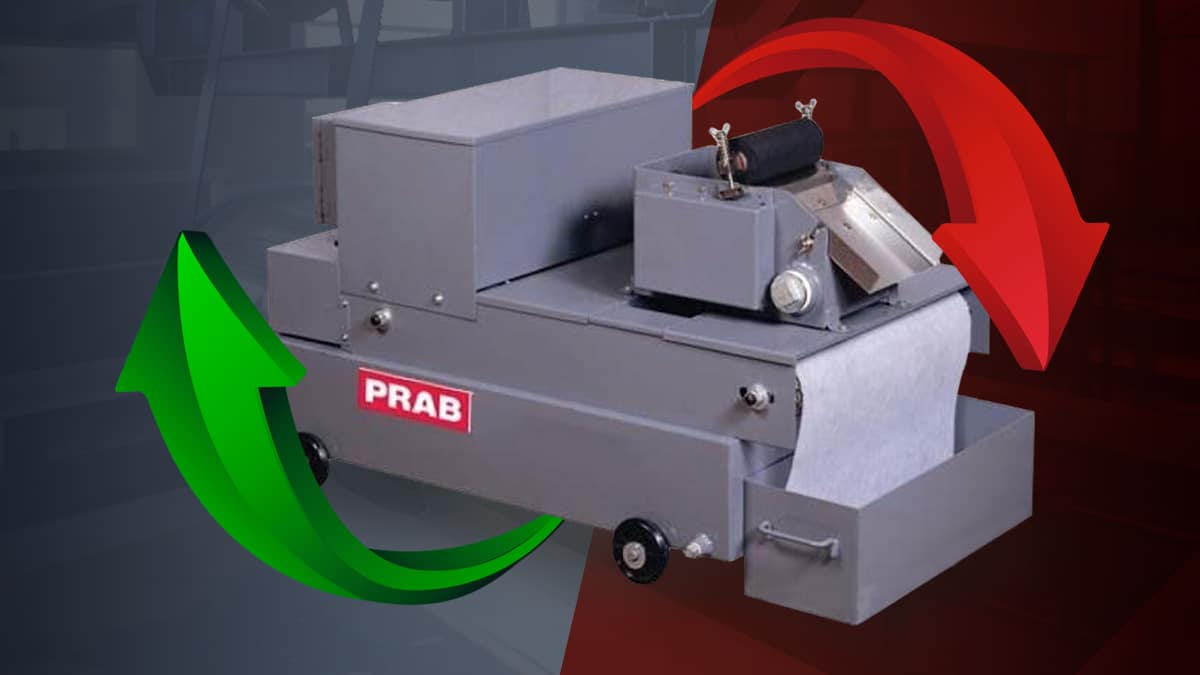
When it comes to fluid filtration, metalworking operations regularly face two big challenges: rising operational costs and labor constraints. By extending coolant and tool life, while also minimizing maintenance, the right filtration system can make a positive impact on both.
For metalworking facilities, solid-liquid separation is a critical step in fluid filtration, recovery, and recycling. Paper bed filters are a cost-effective filtration technology that can filter ferrous and non-ferrous metals, as well as a range of organic and inorganic contaminants, found in many applications:
But as with any reclamation process, there are advantages and disadvantages to different filtration approaches, depending on your operational needs. The pros and cons for paper bed filters include:
Pros:
Cons:
Certain models of paper bed filters can remove particulate down to 5 microns, and are self-cleaning and self-monitoring, allowing for minimal maintenance. This lowers operational costs, improves fluid reclamation processes, and can extend tool life by an average of 27%.
For more information about how PRAB’s disposable paper bed filters can help your facility lower operating costs and prolong coolant and tool life, or for information about systems with more extensive filtration capabilities, visit PRAB.com.